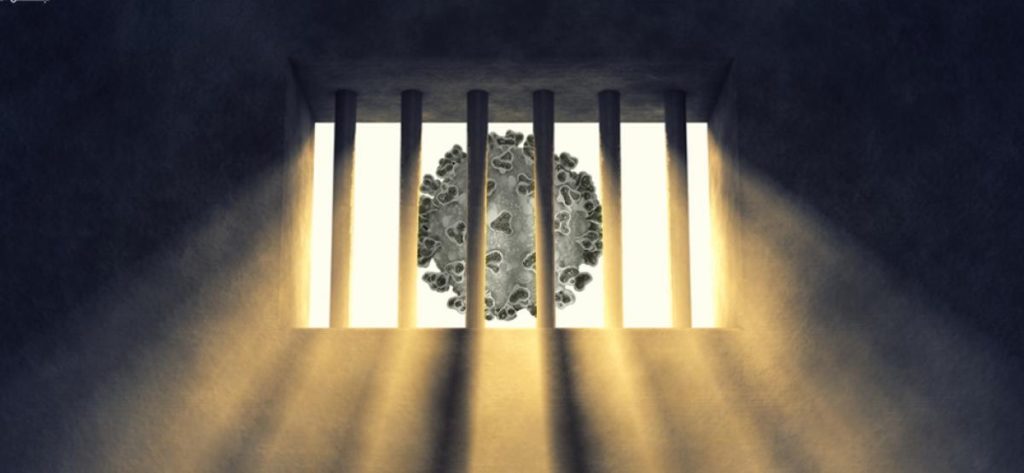67 Arab and international human rights organisations – including 18 Tunisian organisations – call on the Bahraini authorities to respond to the call of the High Commissioner for Human Rights for the immediate release of prisoners as an urgent and humanitarian measure to confront the spread of coronavirus, which has already been undertaken by some states. Prisons and detention centres are the most vulnerable to infectious diseases and their conditions do not allow for physical distancing. As such, it is impossible for overcrowded prisons to apply the recommendations and guidelines of the World Health Organization (WHO) to confront this pandemic. Jau prison in Bahrain suffers particularly from overcrowding, according to official reports, and the security authorities have a record of denying medical treatment as a form of punishment, which has resulted in low levels of health care, which presents serious risks for prisoners if the Covid-19 pandemic reaches them.
The following is the text of the statement and the signed organizations (in Arabic): –
Human Rights Organizations: Prisoners in Bahrain have the right to life and do not leave them at risk of the Corona pandemic
67 human rights organizations signing this statement to call on the Bahraini authorities to respond positively to the call of the High Commissioner for Human Rights in relation to prisoners to work for the immediate release of them, and to take urgent and similar measures to be taken by states in this humanitarian framework and to be within their overall plan to confront and combat the Corona Virus by releasing prisoners, as prisons and places of detention are the most vulnerable to infectious diseases and their conditions do not allow for physical separation, and it is impossible for overcrowded prisons to implement the recommendations and guidelines of the World Health Organization to confront this pandemic, and Bahrain prisons suffer from overcrowding according to according to official reports, and referring to the heavy record of the security authorities in adopting denial of treatment as one of the methods of torture, which resulted in the low level of health care in prisons to the lowest levels, which could be a disaster affecting prisoners if Covid-19 pandemic reached them.
On 25 March 2020, the High Commissioner for Human Rights, Michelle Bachelet, called on governments to take urgent action as part of a comprehensive effort to contain the outbreak of the Coronavirus, with the aim to protect the health and safety of people detained in prisons and other closed facilities. It has received a rapid and large humanitarian response, with some countries having released thousands of prisoners and detainees as part of the plan to confront this pandemic. This call has also received support from human rights organisations, given it relates to the conditions of political detainees and prisoners of conscience, and calls on governments to release every person detained on unlawful grounds, including political prisoners and prisoners of conscience. After their release, they should undergo the necessary medical examinations and procedures, to verify that they are free of any diseases, provide the necessary care to those in need, and monitor their health conditions.
The organisations added: “The Bahrain government have a moral and legal responsibility to guarantee and ensure the health for its citizens and residents, including prisoners, and to protect them from the most deadly infectious diseases, as stipulated by the United Nations Standard Minimum Rules for the Treatment of Prisoners (called the Nelson Mandela Rules). The detention of large numbers of individuals constitutes a very significant obstacle to health care in light of the spread of a serious epidemic such as Coronavirus and the measures recommended by medical specialists of social and physical distancing, is not possible in prisons. Therefore, the government is obligated to take urgent action by releasing prisoners, and abiding by their obligations towards prisoners. According to international human rights law “states are obliged to take the necessary measures to prevent any danger to public health and ensure the provision of medical care for all those who need it”.


 العربية
العربية Français
Français Deutsch
Deutsch